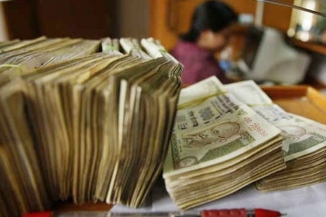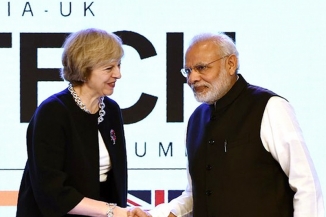
The Union Government has decided the rates of proposed Goods And Services Tax. The Counsil which is specially set up by the government, which included union Finance Minister Arun Jaitley as well as his other counterparts from the different states, has decided the rates of GST from 5 to 28 percent in four different brackets. The GST slabs have been decided at 5%, 10%, 18% and 28% for different items of services.
The government has changed its earlier stand of proposing the slabs at 6, 12, 18 and 26%. The council has decided to put all the essential items such as food, which currently constitute half of the consumer inflation basket will be kept at zero-rate and the lowest rate of 5% will be applied onto common use items.
The highest rate of 28 percent will be applied to luxury items such as tobacco products and aerated drinks and various luxury goods. An additional cases will also be put on these goods.
FM Arun Jaitley said, "The additional cess and a clean energy cess will create a revenue pool which will be used to compensate states for any loss of revenue during the first five years of the implementation of GST."
He also pointed that the average of the slabs is lower than the 18%, which has been continuously demanded by the opposition parties, such as Congress. Revenue Secretary Hasmukh Adhia said that the service tax will be increased from current 15% to 18%
These tax rates will need to approved by the Parliament, which will meet on November 16 for the winter session. The important two bills related to GST must be passed in the Parliament to meet the deadline of April 1, to roll out the new indirect tax regime.
"Fitment or categorization of items for each slab will be made by officials and will then be approved by the GST council," said the Finance Minister.
GST has been proposed by the government to convert India into a single market and to remove the additional charges put on goods when it crosses the state boundary.


















